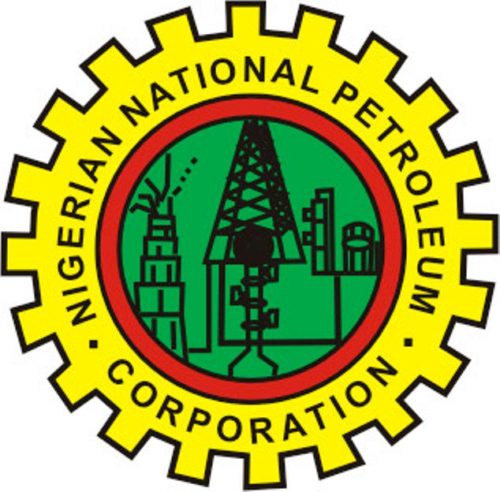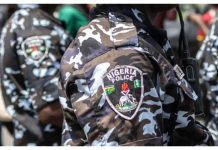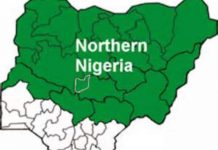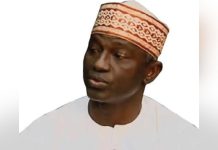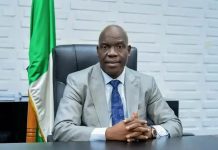The Shipowners’ Association of Nigeria (SOAN) has expressed readiness to engage the Nigerian National Petroleum Corporation (NNPC) on how the nation can export its crude in Very Large Crude Carriers (VLCCs).
The VLCC are the largest operating cargo vessels in the world with a size in excess of 250,000 Dead Weight Tonnage (DWT). These giant ships are capable of carrying huge amount of crude oil in a single trip.
Known as supertankers, these vessels are primarily used for long-haul crude transportation from the Persian Gulf to countries in Europe, Asia and North America.
VLCC is a very large shipping vessels with dimensions of up to 470 m (1,540 ft) in length, beam of up to 60 m (200 ft) and draught of up to 20 m (66 ft). But the standard dimensions of these ships range between 300 to 330 meters in length, 58 meters breath and 31 meters in depth.
They are known for their flexibility in using terminals and can operate in ports with some depth limitations. The cost of a VLCC ranges between $100 million to $120 million depending on its age.
Speaking at the 4th edition of “A Day with Nigerian Maritime Students” with the theme, “Beyond Sea Time”, organised by Platforms Communications in Lagos, president of SOAN, Dr. McGeorge Onyung said there is need to have meaningful dialogue with the NNPC to talk about how the country can export crude in VLCCs that are manned by young Nigerian seafarers.
He said, “We pray that in my tenure, we are going to engage in issue based, focused engagements with the various authorities. We are NIMASA, NNPC, customs, Navy, and all those that affect the ocean as ship owners because I told you that there is so many people in the ocean and the only people that floats on the waters are me and you on ships. Therefore, there must be a leadership that must be thinking of the ocean because there is a responsibility that has to be taken on the ocean, there must be sustainability also of the ocean.”
Also, a former president of the National Association of Master Mariners (NAMM), Captain Ade Olopoeniyan called on the various government agencies in the maritime sector, maritime colleges as well as stakeholders to fashion out better ways of providing sea time experience for Nigerian cadets in order for them to have proper practical training onboard ships.


